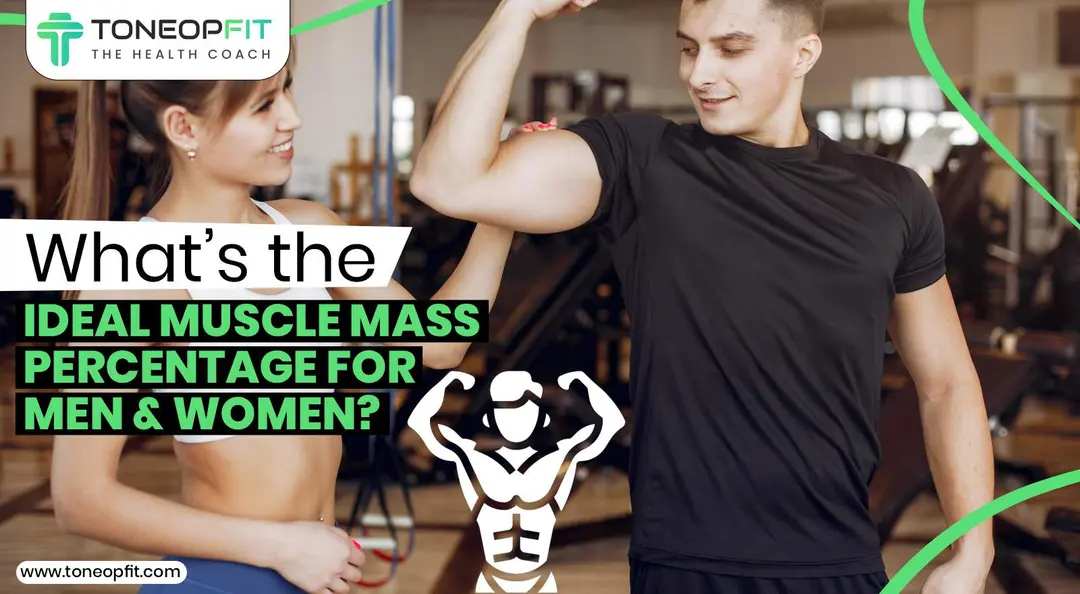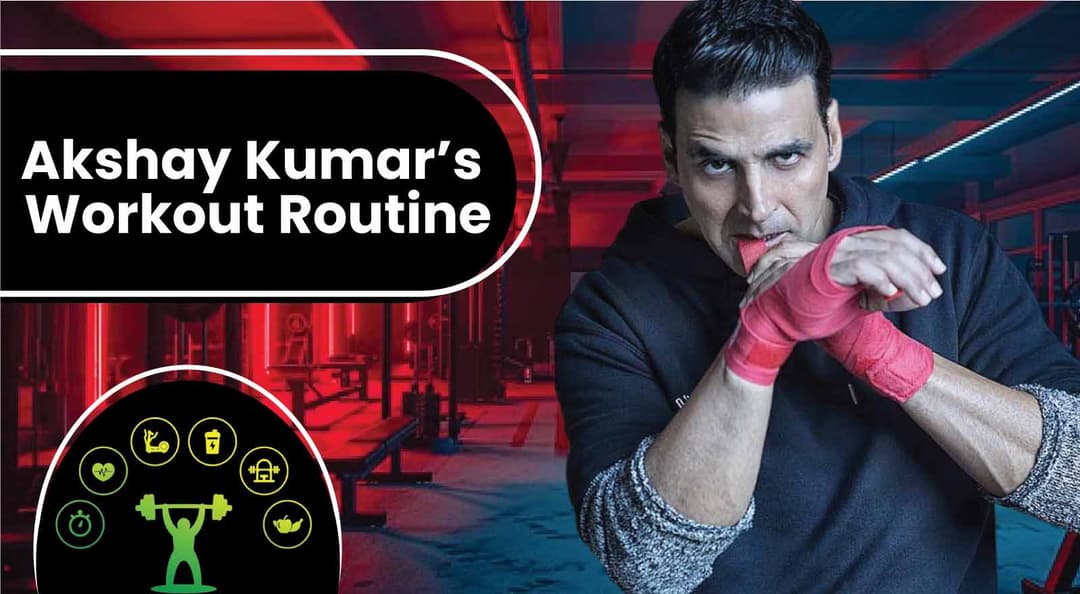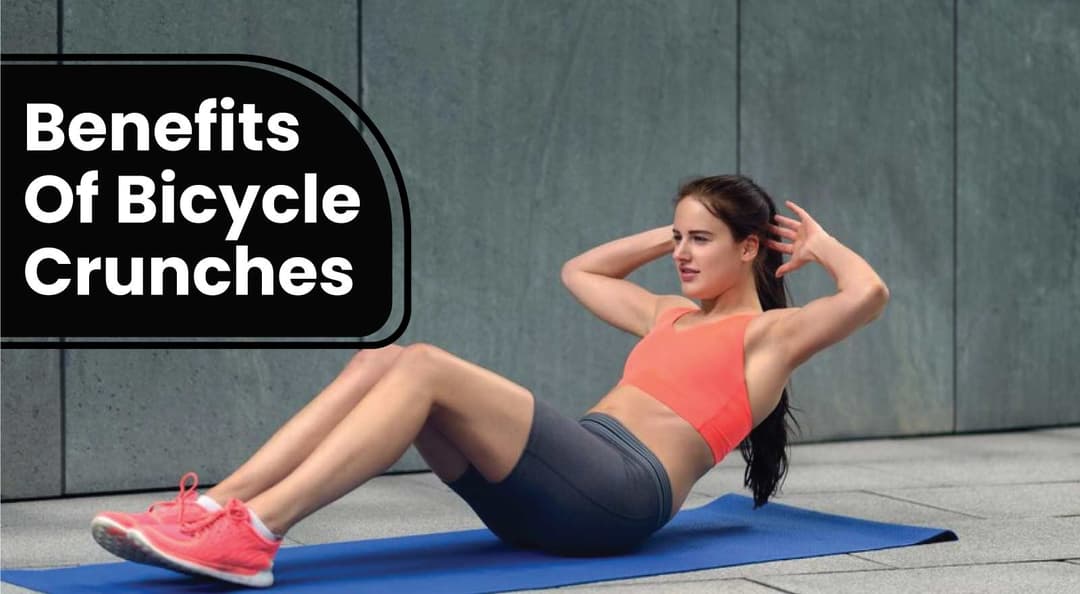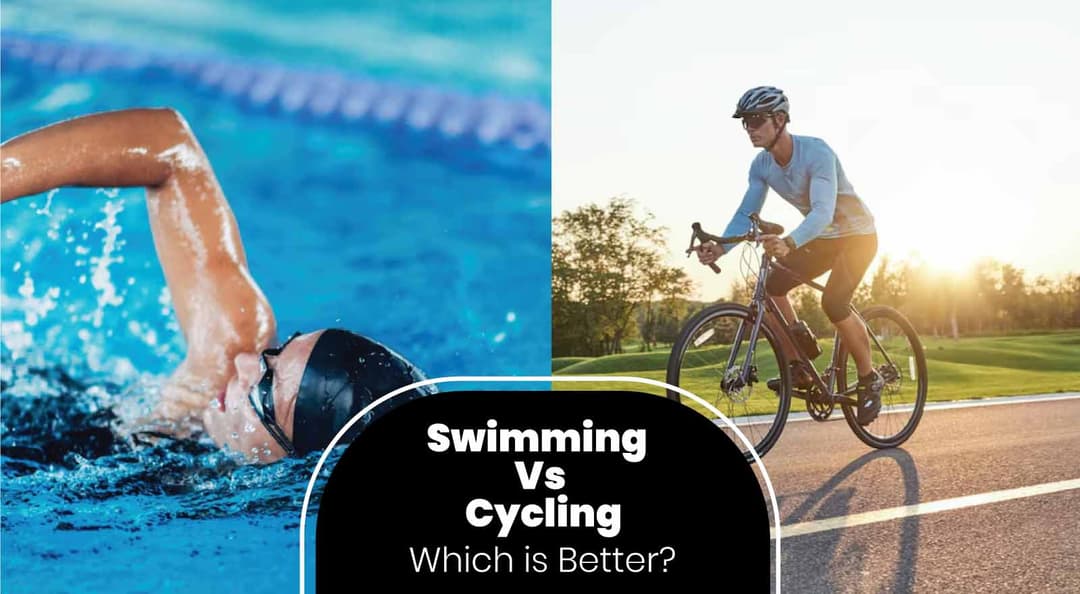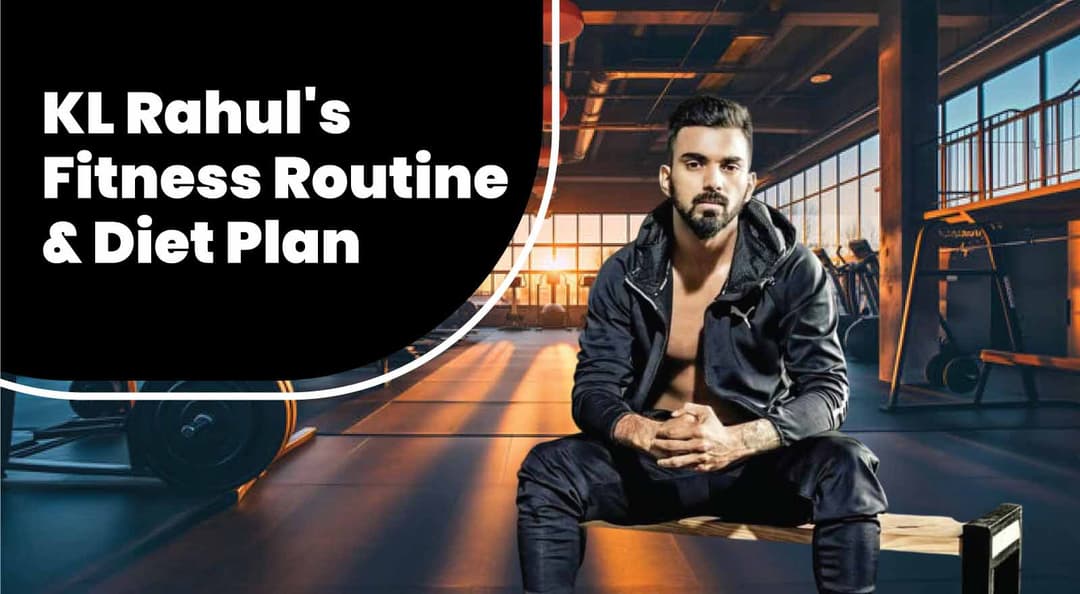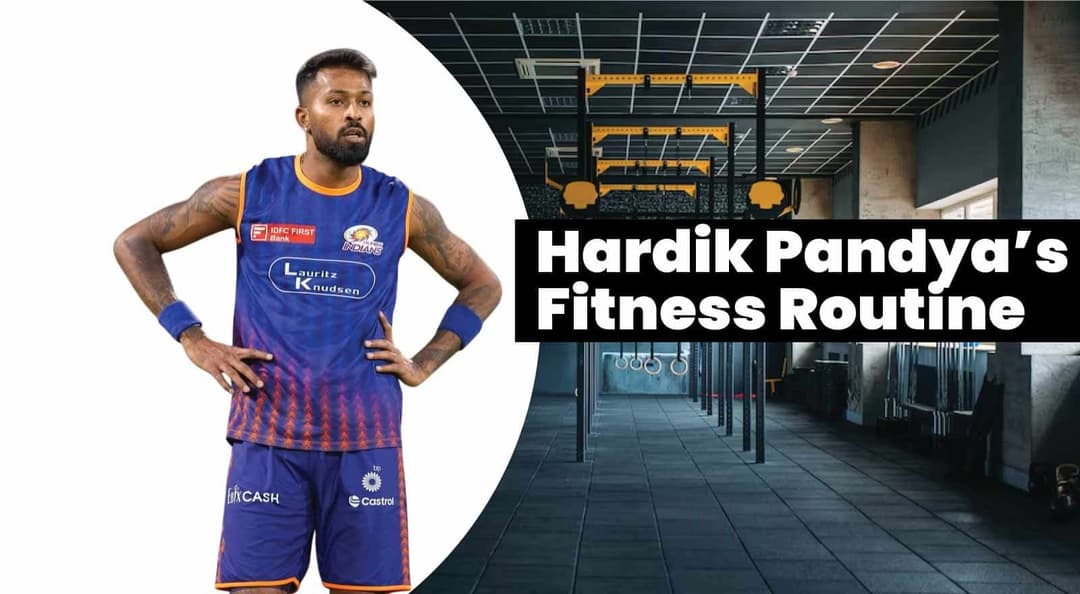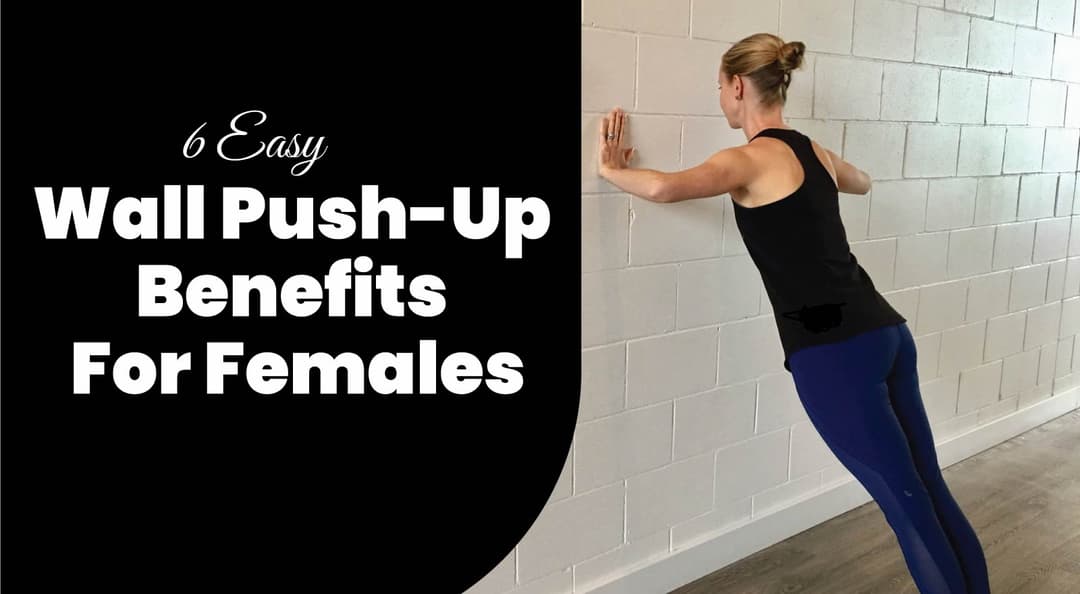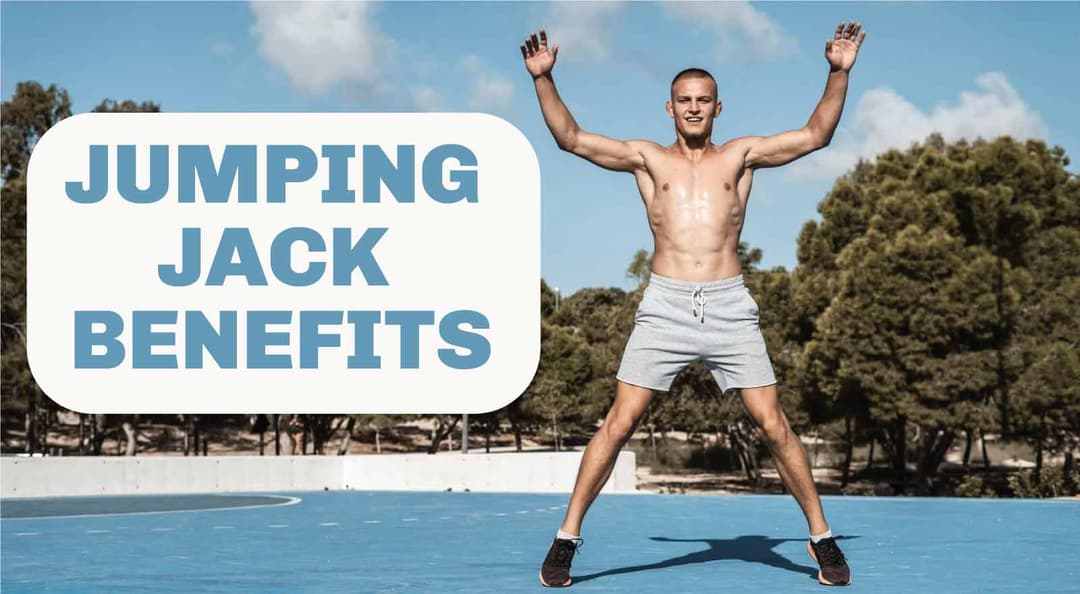Will AI replace personal trainers in 2025? Will it replace fitness coaches at your gym or in your fitness routine? With AI-driven fitness apps, virtual coaching, and smart wearables offering personalised workout plans, progress tracking, and real-time feedback, it’s natural to question the relevance of human trainers in 2025. But can AI truly understand your unique fitness goals, emotional struggles, and body limitations like a qualified personal trainer? Not at all! While AI excels at data analysis, precision, and efficiency, the human touch brings motivation, accountability, and adaptability to your workouts.
This blog explores the rise of AI in the fitness world, its strengths and limitations, and why human personal trainers still hold an irreplaceable edge. Get a reality check on whether AI will transform personal training completely or simply complement the role of fitness experts in the years to come. So, let’s begin!
Table Of Contents
1. Will AI Replace Human Personal Trainer?
2. Limitation Of AI In Personal Fitness Training
3. The Final Say
4. FAQs
5. References
Will AI Replace Human Personal Trainer?
While AI is revolutionising the fitness industry, it's unlikely to replace human personal trainers completely. AI excels at data analysis, providing personalised recommendations, and handling routine tasks, freeing up trainers to focus on building relationships and motivation and addressing complex needs. However, AI lacks the emotional intelligence and empathy human trainers provide for mental motivation.
Ethical considerations surrounding data privacy, algorithmic bias, and overreliance on AI are significant concerns. Clear regulations are needed to ensure the quality and safety of AI-powered fitness services, and professionals may require specific certifications. This is why choosing the personal fitness instructor by assessing every factor makes the difference. Liability and insurance issues arise, as determining accountability for accidents or injuries caused by AI-powered tools can be complex.
Economically, AI could lead to job displacement in the personal training industry and exacerbate existing inequalities due to limited access to high-quality AI-powered services. The future likely involves a hybrid model where AI complements human expertise, making personalised training more accessible and affordable.
The human element in fitness training remains irreplaceable. Trainers can leverage AI to enhance their services about top fitness trends, focusing on the motivational, emotional, and psychological aspects of coaching. Specialised training needs, such as injury rehabilitation or sports-specific training, will continue to require human trainers' nuanced understanding and experience.
Try ToneOp Fit's 1-Year Transformation Plan, which offers a holistic approach to wellness. Combining a Sattvic diet, natural therapies, and mind-body wellness techniques, the program addresses internal and external factors. Naturopaths will design a personalised plan, including Ayurveda and herbal remedies to support your weight loss journey.
Also Read: 7 Health And Fitness Tips For Weight Loss Results
6 Limitations Of AI In Personal Fitness Training
AI, while promising, has limitations in personal fitness training. Let’s understand this limitation of AI in fitness training for personalised guidance:
1. Lack of Human Connection
Despite its advancements, AI cannot replicate the emotional connection and empathy that a human trainer provides. This connection is crucial for motivation, accountability, and addressing individual needs beyond physical fitness. Human trainers can offer personalised encouragement, understanding, and support, significantly impacting an individual's well-being.
2. Not Responding To Unexpected Changes
AI-powered fitness programs are typically pre-programmed and may struggle to adapt to unexpected changes in an individual's fitness journey. For instance, if a user experiences an injury or illness, an AI system may be unable to adjust the workout plan accordingly. On the other hand, human trainers can quickly assess the situation and modify the program to accommodate the change.
3. Inaccurate Physical Form Assessment
While AI can analyse data from wearable devices, it may not accurately assess an individual's physical form, posture, or technique. With their trained eyes and hands-on experience, human trainers can identify subtle issues and provide corrective feedback. This is particularly important for exercises that require precise form to avoid injuries.
Try ToneOp Care's Anti-Aging Vegan Solution, a daily supplement designed to combat the signs of ageing and promote well-being. Enriched with essential omega-3, 6, and 9 fatty acids, this vegan formula supports eye health, regulates blood pressure, rejuvenates skin, aids in weight management, and strengthens bone density.
4. Fitness Data Privacy Concerns
AI-powered fitness systems collect and analyse vast personal data, raising concerns about privacy and security. There is a risk of data breaches or unauthorised access, which could compromise an individual's sensitive information. Human trainers, while they may collect some personal data, typically have more stringent privacy measures in place.
5. Struggles With Complex Fitness Issues
AI may need help to address complex fitness issues like personalised workouts and exercises for seniors at home that require nuanced understanding and problem-solving skills. For example, individuals with specific health conditions or goals may need tailored advice and support that an AI system may be unable to provide. With their knowledge and experience, human trainers can offer personalised guidance and support.
6. Potential For Bias Recommendations
AI algorithms can be biased, leading to inaccurate or unfair recommendations. For instance, an AI system may not adequately consider age, gender, or fitness level when recommending exercises. Human trainers, on the other hand, can provide unbiased and personalised advice based on individual needs and preferences.
Also Read: 8 Ways To Amp Up Fitness Motivation And Tips
The Final Say
While AI has made significant strides in the fitness industry, it's unlikely to replace human personal trainers in 2025 completely. While AI can provide personalised workout plans, track progress, and offer feedback, it lacks the human touch, emotional intelligence, and adaptability human trainers possess. As we move forward, the most effective approach will likely involve a hybrid model where AI complements human expertise. Combining both strengths can create a more personalised and practical fitness experience.
FAQs
1. Will personal trainers be in demand in the future?
While AI is making significant strides in the fitness industry, human personal trainers will continue to be in demand. They are simply irreplaceable because, unlike machines, they give personalised motivation and emotional support and adapt to each need. The more AI assimilates, the more the trainers use technology to upgrade the services and suit the various tastes of their clients.
2. Can I use AI as a personal trainer?
Yes, you can use AI as a personal trainer. AI-powered fitness apps and devices can provide personalised workout plans, track your progress, plus offer real-time feedback. However, it's essential to remember that AI cannot replace the human touch. Combining AI with human guidance can provide the best of both worlds.
3. Can AI replace physical therapists?
While AI can assist in areas of physical therapy, such as data analysis and remote monitoring, more is needed to replace human physical therapists' expertise fully. Physical therapy often requires hands-on techniques, clinical judgment, plus adapting to individual needs. AI must be used with human expertise.
References
- https://truecoach.co/blog/will-ai-replace-personal-trainers-a-deep-dive-into-the-future-of-fitness/
- https://athletechnews.com/future-ai-personal-trainers-assistant-coach/
- https://business.virtuagym.com/blog/ai-transforming-personal-training/
- https://www.pteverywhere.com/media/ai-physical-therapy#:~:text=The%20answer%20is%20a%20resounding,than%20the%20mechanics%20of%20recovery.
- https://whatsnewinfitness.com.au/will-ai-replace-fitness-trainers/
About ToneOp Fit
ToneOp Fit is a platform dedicated to improving and maintaining good health through a comprehensive range of goal-oriented health plans with up to 3 Coach support. With a range of Weight Management, Medical Condition, Detox Plans, and Face Yoga Plans, the app also provides premium health trackers, recipes and health content. Get customised diet, fitness, naturopathy & yoga plans and transform yourself with ToneOp.
















